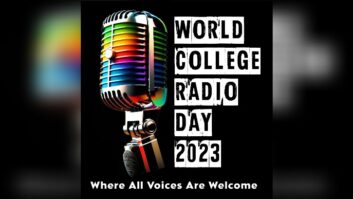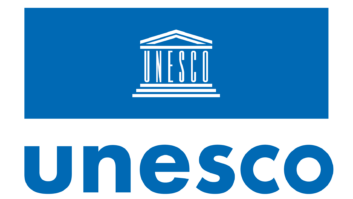The author is membership program director of the National Federation of Community Broadcasters. NFCB commentaries are featured regularly at www.radioworld.com.
We witnessed both a monumental Election Day and the golden anniversary for noncommercial media on Tuesday. Both signify a pivotal moment for community media.
This year has been a year of political tension, and Election Day sparked a wave of interest from the media and voters. Washington State, Virginia, Georgia and New Jersey saw huge changes in power, including the defeat of several Republican incumbents. While of some of this matter is not unprecedented — Donald Trump is the fifth consecutive president whose party lost the governor’s seats in Virginia and New Jersey during a first term — with mid-term elections less than 12 months away, the writing is on the wall for more upheaval in the future.
Campaigning against Big Bird has come home to roost. Or it is at least part of the issue, it seems.
The Trump administration proposed to ax federal funding of educational broadcasting earlier this year, but got stiff-armed by Congressional Republicans and Democrats alike. And though many smart Republicans lambasted the White House for a ploy that would not balance the budget as conservatives demanded, voters still tend to hold accountable the president for policy vision. Many in the political class have already blamed the president for losses Republicans experienced Tuesday. Furthermore, as the president’s other proposals have grown more unpopular, Democrats have leaped to an early lead in projected contests next year.

Election Day 2017 hardly guarantees protection for educational broadcasting. However, political watchers see a path to victory for Democrats in 2018 Congressional races. The early rumblings have to prompt serious looks at the positions of some Republicans as well as the president. This evaluation must include what has been for a few the incomprehensible excoriating of the Corporation for Public Broadcasting.
Coincidentally on the same day as Election Day was the 50th anniversary of the Communications Act of 1967 being enacted into law by President Lyndon Baines Johnson. The legislation created CPB and, more importantly, set forward a vision for America’s commitment to using radio and television to educate citizens. Signing the Communications Act, Johnson said, “announces to the world that our nation wants more than just material wealth; our nation wants more than a ‘chicken in every pot.’ We in America have an appetite for excellence, too.”
CPB has, since that cool day in 1967, seen successes and challenges aplenty. Today, for its part, CPB has sought to be responsive to shifting needs of the public at large. It named the excellent Kathy Merritt to lead its journalism efforts in the summer and, just this week, rolled out new endeavors on the investigative journalism front. Former CPB leader Joyce MacDonald joined the noncommercial support space as Greater Public’s CEO. And, just as crucially, the national discourse is prompting everyone in Washington to listen more intently to the needs of the rest of the country. CPB is indubitably hearing community media as never before.
Like everything in the world, CPB can always be better. However, whatever deficiency you may see should inspire us to seek improvement and growth. Those who may not see CPB’s incredible value perhaps do not realize what the country was without it.
On Nov. 3, the Library of Congress streamed a 50th anniversary recognition of the Communications Act. This four-hour event contains some of the richest and more touching examples of how federal support for educational broadcasting has changed (and continues to change) our understanding of history, the dialogues that communities have, and how brave producers helped forge a more inclusive media through our country’s commitment to many voices. Our collective fidelity to the uplifting of all our people is not bygone history, but resonates still today.
The Communications Act, itself a call to action for the United States to prioritize media as a public resource, and Election Day, a call to action for our democracy, should motivate all of us to consider the power of our communities’ engagement with one another and leadership. Even in a world of many media choices, we still crave that connection to one another and the belief that America is a land of opportunity. Don’t let podcasts, YouTube and Spotify cloud your analyses. Public media and public action still hold important spots in our cities and towns. Nov. 7 was a major reminder of that.












